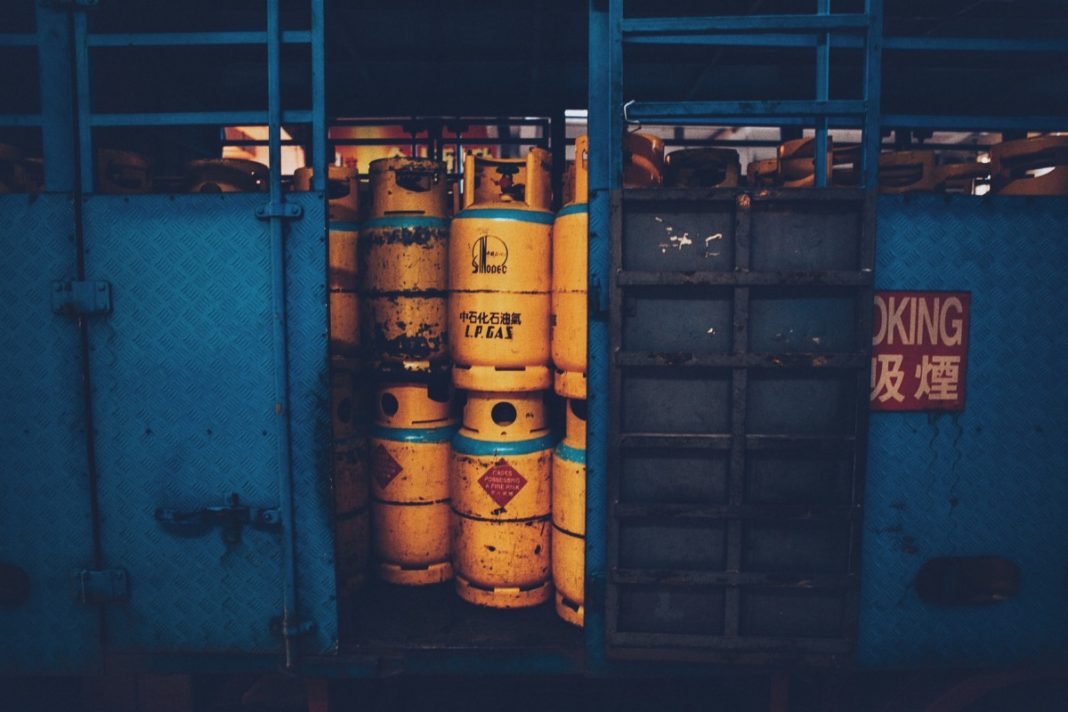LAGOS, Nigeria — A wave of rising prices awaits Nigerian gas consumers as marketers prepare for a significant rate bump starting next week.
As Nigerians already grapple with economic challenges, this news signifies a deepening of woes for households and businesses.
Olatunbosun Oladapo, President of the Nigerian Association of Liquefied Petroleum Gas Marketers, outlined several reasons for the impending price surge: escalated international prices, an increase in vessel prices, lofty taxes, forex scarcity, and the devaluation of the naira.
“Nigerians are faced with a bleak situation,” Oladapo lamented. “While prices soar, their purchasing power continues to diminish. Every tier of the value chain—be it consumers, intermediaries, or retailers—is experiencing the strain, with business operations taking a downturn.”
Oladapo painted a grim picture, suggesting that many Nigerians are reverting to traditional means of cooking, including firewood, charcoal, and sawdust, as they can no longer afford gas. He called on the government to intervene, suggesting tax cuts, levies reduction, and the provision of palliatives to ease the masses’ suffering.
The revelations by Oladapo revealed that global vessel scarcity would likely amplify local prices of Liquified Natural Gas, LNG, commonly used for cooking, in the subsequent months.
Anticipations of a surge in heating fuel demand for the 2023 winter have compounded the situation.
Spark Commodities data indicated a whopping jump in charter rates.
The rates for November stood at $284,750 per day, a staggering increase from the current $70,500/day.
The complications in the international market, including the use of tankers as floating storage by traders betting on soaring LNG prices during the winter, are affecting Nigeria, given that its LPG prices are tied to international benchmarks.
Additionally, the consistent devaluation of the naira intensifies the nation’s vulnerability.
With the dollar standing at N749.62 on Wednesday, August 9, 2023, according to the Central Bank of Nigeria, and the Nigerian LNG selling cooking gas based on these fluctuating rates, consumers are caught in an unfavorable tide.
Despite brief relief in recent months, largely due to a slump in international rates, the pendulum seems set to swing back, further stressing an already pressured populace.
As Nigeria reconciles with these international pressures and its internal economic dynamics, the common citizen remains caught in the crosshairs, awaiting possible governmental interventions.







